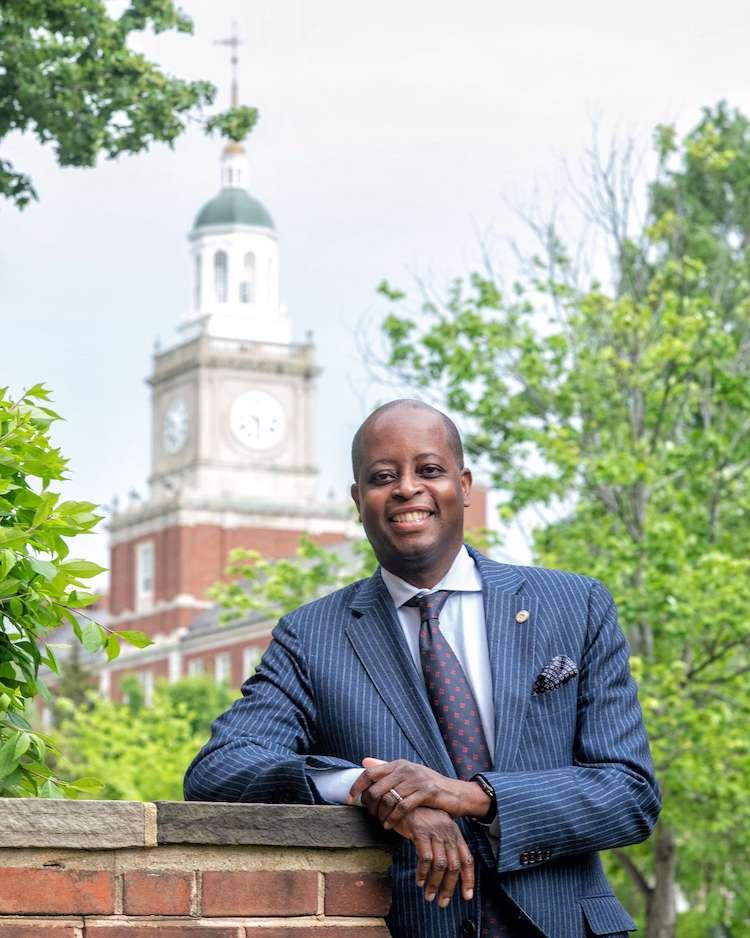The Mecca had been too quiet for far too long. But this Fall, our campus is full once again. The Yard is bustling with the sounds of students rushing from class to class. The classrooms are filled with discussion and conversation. Even the silence of the libraries feels more active and energetic.
I know that this was a welcome and most eagerly anticipated return for all of us. But rather than think about “returning to normal” or settling into a “new normal,” I would urge us to find a new paradigm as we emerge from the pandemic, one that rejects the use of the word “normal” altogether.
The world we have now is dramatically different than the one that existed prior to the pandemic. Our present society seems to prioritize mental health and personal wellness. It seems to emphasize altruism and empathy. And, critically, it seems to have a stronger attachment to the ideals of diversity and tolerance, equality and justice — as well as a stronger commitment to realizing them.
It is no coincidence that the pandemic and the Black Lives Matter protest movement and this current moment of racial reckoning all happened at the same time. Transformations, evolutions and revolutions – they can only take place when the “normal” is disrupted. When a society becomes unsettled, nothing is fixed and everything and anything is subject to change.
For too long, intolerance, inequality and injustice had been normalized, which means they went largely unnoticed. But when the pandemic struck, the heavy heel of society had been lifted, unsure where it would settle next. In that moment, we had the opportunity to pull back the rug, the foundational fabric of our society, to reveal what had been swept underneath.
Forward progress is most difficult when there are forces pulling us backward, tempting us to return to the way things were before. But we must always resist allowing any aspect of our society to become so normalized that it is allowed to persist without critical assessment. Even the parts of life that we cherish most should never exist beyond scrutiny. As we enjoy our return to campus, we must always evaluate, based on present conditions and future outlooks, whether being physically on campus is in the best interest of our students, faculty and staff as well as the communities we serve. We should never grow so comfortable with the world we have that we fail to see how it could be improved. Because there are always improvements to make – we just have to make ourselves uncomfortable enough to see them.
Excellence in Truth and Service,
Wayne A. I. Frederick, M.D., MBA
Charles R. Drew Professor of Surgery
Howard University President
Article ID: 36




